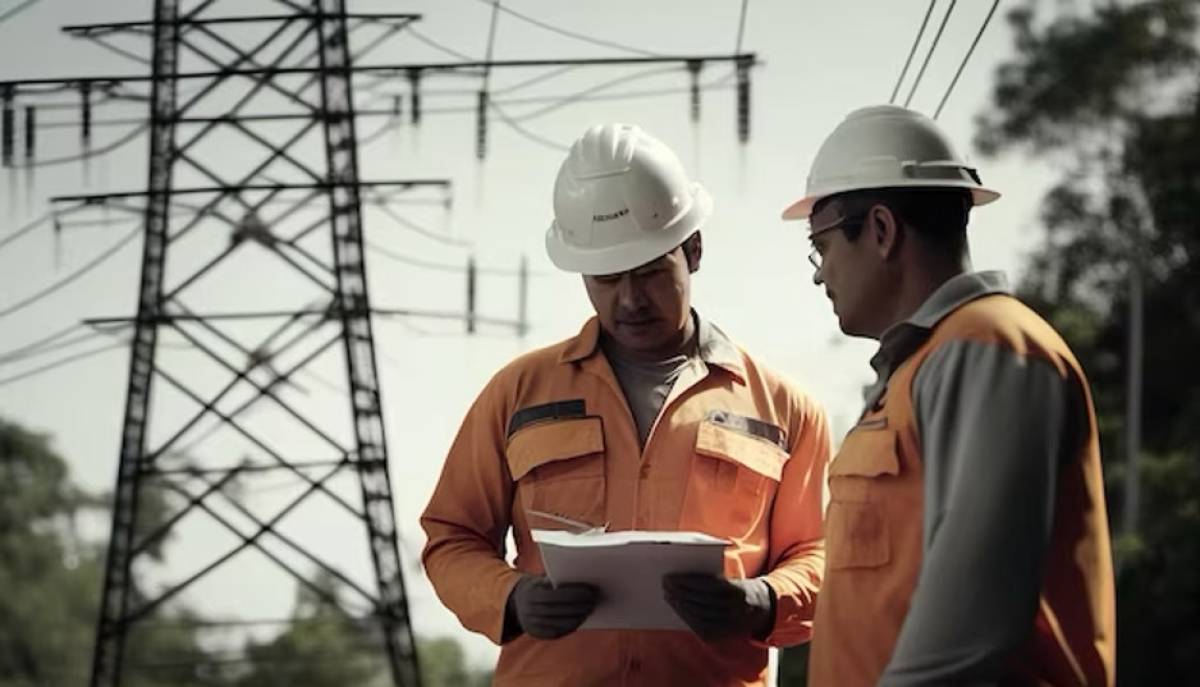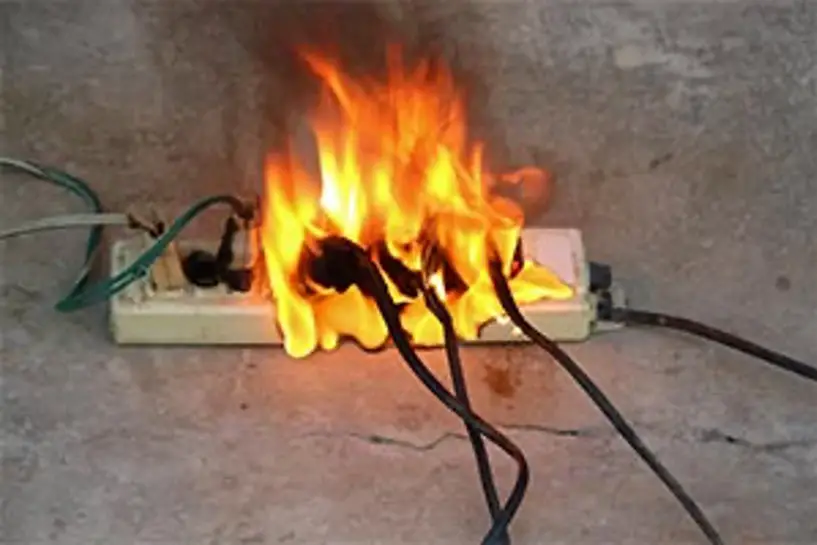How to Ensure Electrical Safety at a Job or Construction Site

Are you working on a job site that involves electrical work? It's crucial to prioritize electrical safety and be aware of the potential fire hazards that can arise.
Electrical fires are one of the most severe risks that employees confront. These fires may be devastating, expensive, and even deadly.
However, with the proper information and safeguards, you may significantly lessen the likelihood of an electrical fire developing.
Thus, taking preventative measures can save lives and protect valuable equipment.
After going through the recommendations in this blog post, you can prevent electrical fire hazards on the job site and ensure a safer work environment for everyone involved!
Essential Tips for Ensuring Electrical Safety

Electrical safety is everyone's responsibility. Here are six tips and techniques to help create a safer environment for yourself and those around you:
1. Grasp the Electrical System Dangers
Before you begin working with electrical equipment, it is critical that you grasp the electrical system dangers.
Learn about the electrical codes and regulations that apply to your job. Understand how to spot possible electrical risks, including broken wiring, overloaded circuits, or damaged equipment.
Knowing about these hazards allows you to take the essential actions to avoid electrical fires.
2. Wear the Right Protective Gear
Protective gear is your first line of defence against electrical hazards. Always wear appropriate personal protective equipment (PPE) when working with electricity. This includes insulated gloves, safety glasses, flame-retardant clothing, and non-conductive footwear.
Wearing PPE is crucial to construction electrical safety as it protects you from electric shocks, burns, and other injuries.
3. Always Plug into a GFCI Outlet
Ground Fault Circuit Interrupters (GFCIs) are crucial safety devices that should be used whenever electrical equipment is plugged in. These devices monitor the flow of electricity. They are designed to stop the power supply when detecting a ground fault or electrical leakage.
These devices can help prevent electrical fires caused by faulty equipment or short circuits. Make sure to test GFCI outlets regularly to ensure they are functioning correctly.
4. Purchase Explosion-proof Electrical Enclosures
Explosion-proof enclosures for electrical equipment are required in some job site situations, such as those with explosive gases or vapors. These enclosures contain and manage possible sparks or explosions, lowering the fire risk.
So, don’t hesitate to invest in good quality explosion-proof electrical enclosures and place them in appropriate spots to reduce the risk of electrical fires.
5. Prevent Electrical Equipment from Coming into Contact With Wet Areas
Water and electricity are a potentially lethal mix. Keep electrical equipment away from moist or damp places to avoid electrical fires.
Water conducts electricity, which increases the risk of short circuits and electrical fires. If any equipment is exposed to water, it should be appropriately examined and dried before use.
You can consider utilizing ground fault prevention devices in situations where water and electricity are likely to collide.
6. Exercise Considerable Caution When Working on Live Wires
Working on live wires requires considerable caution. Before doing maintenance or repairs, always de-energize circuits and equipment.
Always adhere to the necessary electrical safety measures if you must operate on live wires. Work with those instruments only that are designed particularly for live electrical work.
A single blunder might lead to a deadly electrical fire. Consult a skilled electrician if you are unsure or lack the requisite competence.
To summarize
It is critical to prioritize electrical safety on any job site to avoid electrical fire threats. By following the aforementioned suggestions, you can considerably decrease the likelihood of accidents and keep everyone safe.
Always examine electrical equipment, use suitable safety equipment, and follow correct wiring practices. Regular training and communication are also essential for ensuring everyone understands the possible threats and how to respond in an emergency.
Remember, electrical safety is no joke. By following these six basic techniques, you can help create a safer environment for yourself and those around you.
Stay informed, stay vigilant, and stay safe!




















